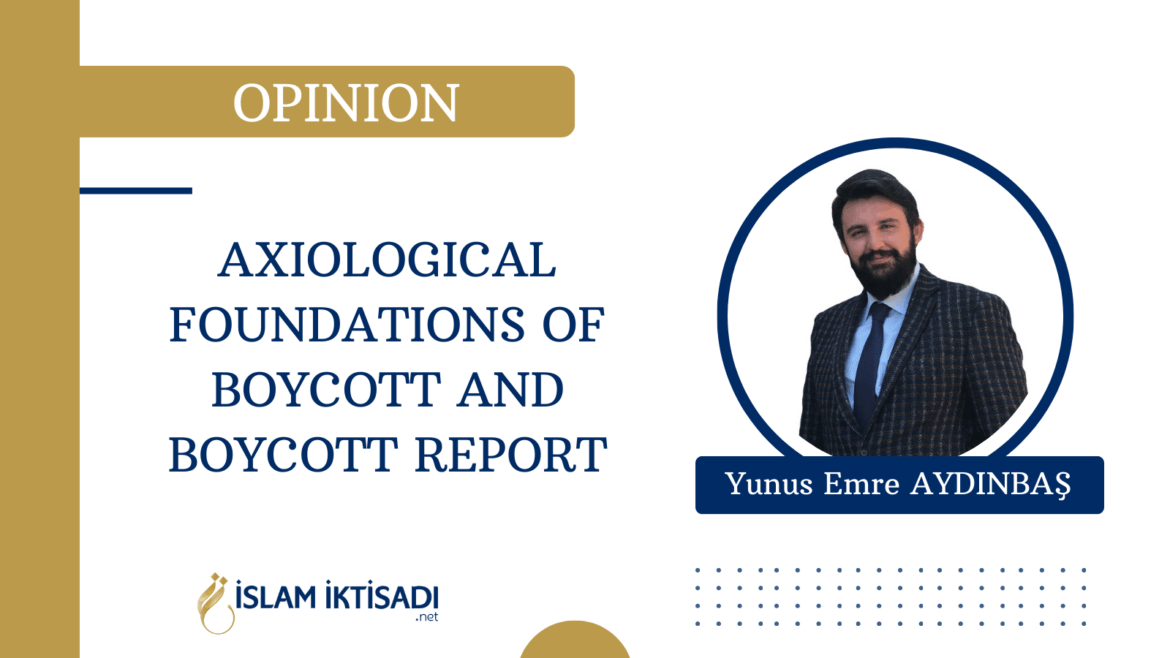To those who pursue justice and human rights: The Report on the Financial, Social, and Jurisprudential Dimensions of Boycott has been published. This comprehensive analysis establishes that boycott transcends mere reactionary behavior; rather, it constitutes a fundamental imperative for defending human dignity, confronting oppression, and standing in solidarity with the oppressed. The Palestinian resistance represents not only a struggle for self-determination but also a broader defense of universal human dignity. It is incumbent upon us to align ourselves with this principled struggle and to uphold the fundamental values of justice and moral rectitude.
The practice of boycott constitutes a silent yet formidable declaration against oppression. However, the efficacy of this declaration remains contingent upon the collective resolve of individuals, civil society, and sovereign states. Consequently, boycott must be conceptualized not as an ephemeral response but as an integrated ethical stance. Indeed, this cause extends beyond Palestine’s specific context to embody the moral conscience of humanity at large.
Nation-states must adopt more resolute measures against Israel’s occupation policies through critical reassessment of their commercial, diplomatic, and political engagements. The international community bears responsibility for developing innovative strategies aligned with justice, restructuring trade networks and financial relationships to systematically undermine the oppressor’s resources. Civil society organizations must function as essential institutional pillars in this process, establishing methodological frameworks for measuring boycott effectiveness and disseminating empirical outcomes to public constituencies. The academic community, furthermore, must contribute substantive research to reinforce this resistance movement, articulating the strategic efficacy of boycott through rigorous scholarly analysis.
The economic strategies implemented by Prophet Muhammad against Quraysh caravans provide a profound historical paradigm for contemporary Muslim communities. His resolute commitment to justice demonstrates that boycott constitutes not merely a tactical approach but fundamentally a moral and ethical imperative. This contemporary struggle represents resistance in defense not only of Palestine but of humanity’s collective integrity.
Boycott must be understood not as an optional position but as a humanitarian and ethical obligation. This responsibility has been conferred upon each individual for the preservation of human dignity and the defense of the oppressed’s inalienable rights. Standing in solidarity with justice and in opposition to oppression constitutes our most profound contemporary responsibility. It remains essential to recognize that boycott represents the most effective mechanism for countering the oppressor’s influence. This movement will shape both present and future sociopolitical landscapes, ultimately culminating in the triumph of justice and moral right. Our responsibility lies in supporting this resistance and serving as guardians of human dignity.
Please click here to read the boycott report. (9.1 MB)
Dr. Yunus Emre Aydınbaş

